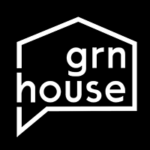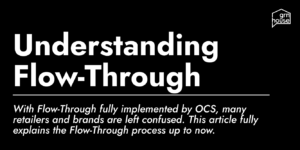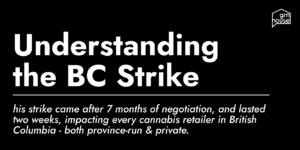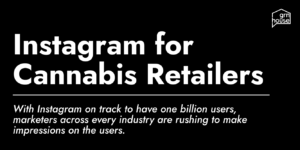The Ontario cannabis landscape is constantly evolving through competitive innovation as well as regulatory changes from ruling bodies. Recently, the Alcohol and Gaming Commission of Ontario announced changes in how provincially licensed retailers could share their data and merchandise in their stores while providing clarification on the inducement laws.
Data
Before these changes, retailers would often sell their data to LP’s in order to gain additional passive revenue. While retailers are still able to sell sales/customer data, the AGCO has specified that this must be opted into by the consumers while maintaining various privacy laws and regulations.
In-Store/Online Advertising
While there have been some restrictions on merchandising (ex: cannabis/accessories cannot be visible from the front/outside of the store) and many restrictions on the advertisement of cannabis, retailers have been freely able to merchandise their stores as they see fit. This has led to many retailers selling merchandising space & promotional activities (even sales) to LP’s in order to generate revenue, similar to many other brick & mortar brands in different industries. With the new changes in regulations, retailers will no longer be able to accept payment for in-store advertisements or promotion of their products, nor will they be able to sell online advertisements.
Inducements
While inducements were always prohibited, the AGCO has finally clarified what constitutes inducement while specifying what is permissible from brands to provide for retailers. What AGCO is allowing is services, benefits, and items of “nominal value”. While “nominal” is subjective and AGCO is not providing a monetary value, they have various factors to consider, such as (but not limited to):
- Are you likely to change your behavior toward an LP or the LP’s product after receiving an item, benefit or service?
- Is the item, benefit or service valued at an amount that defrays your operational costs?
- How many items, benefits or services have been provided over a period of time?
Furthermore, the AGCO has specifically elaborated that “Physical Assets,” whether branded or unbranded, are prohibited. This includes TV’s, fridges, computers, or appliances, such as rosin presses. They have also elaborated on and prohibited anything being provided to the staff as a sales incentive.
While much of the clarification on inducements have been on what is prohibited, the AGCO has clarified what is permissible for brands to provide stores. While contextual factors can change whether providing these items is inducement, the AGCO has clarified that t-shirts, hats, lanyards, inexpensive cannabis accessories, and gift bags of inexpensive items related to cannabis may be considered nominal. The context of education also expands what is permissible in the eyes of the AGCO. LP’s are able to provide education, which can be off-site (for the retailer and LP), however, the LP cannot offer transportation, directly or indirectly. LP’s can provide modest meals and refreshments, and also provide cannabis product samples directly relating to the education/training, however, the sample size is expected to be a smaller quantity of the cultivar or product available for sale in Ontario. It must also be received infrequently.
Cannabis LP and Retailer Relations
While these regulations are restrictive in comparison to other industries, through receiving clarity, retailers can safely navigate their relationships with brands and LP’s without fear of risking their license to operate. If your retail store is having difficulties navigating the ever-changing landscape of cannabis marketing and relationship management, grnhouse agency has years of experience in the field, please feel free to reach out.
